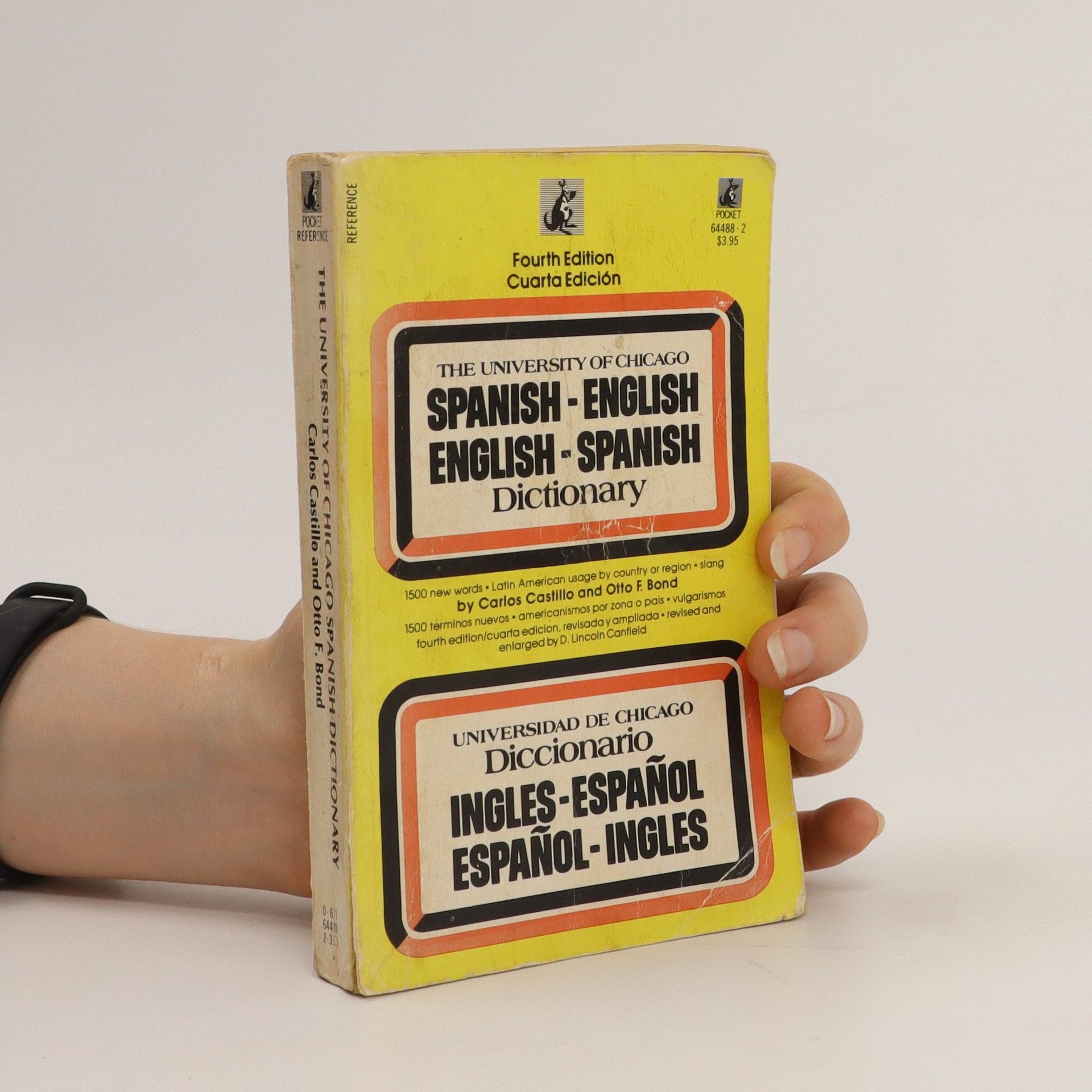The new and updated edition of the USA TODAY bestseller and most popular Spanish dictionary provides easy reference for educators and language learners everywhere. Now in its Sixth Edition, this national bestselling Spanish to English dictionary and go-to reference guide for educators everywhere quickly guides users to the right word in every situation. David Pharies has drawn from our current vernacular to make additions and improvements that will benefit students, teachers, home schoolers, and travelers alike. It includes: * 6,000 new entries reflecting today’s linguistic and cultural changes * Updated words and meanings, including slang, everyday expressions, and essential terms from medicine, business, digital technology, and sports * Expanded delimiters for more accurate word selection * Bilingual guides to grammar, pronunciation, parts of speech, suffixes, and regular and irregular verbs
University of Chicago Livres

